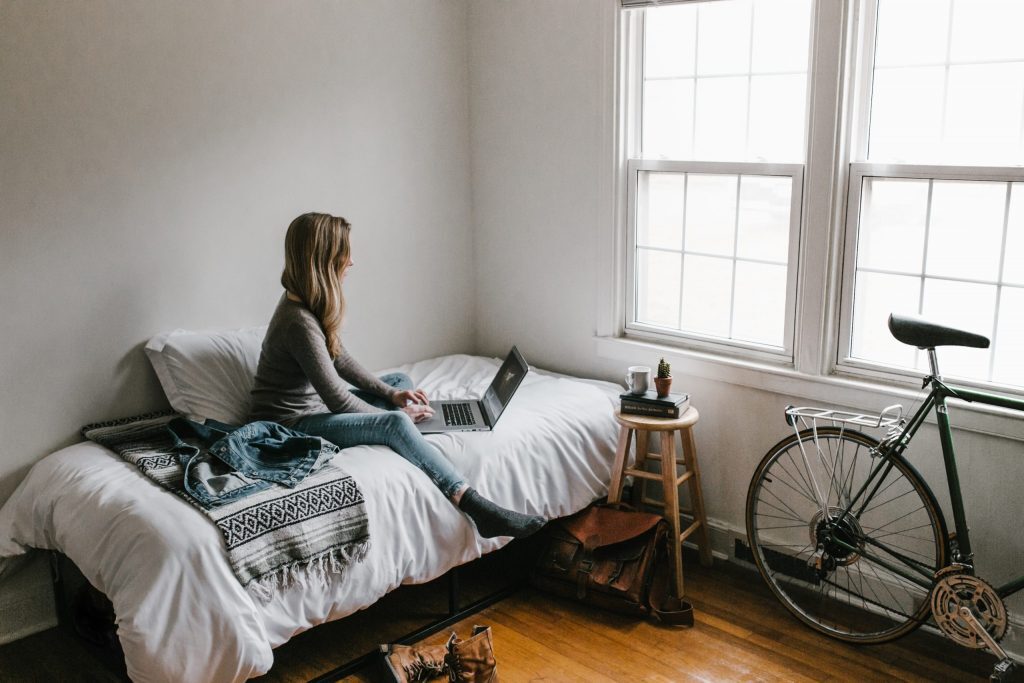Every day for the last three mornings my wife – an M&A lawyer – has logged into that video-calling service Zoom. But instead of the usual conference calls about a deal, it’s an early-morning yoga class.
As this period of self-isolating against the novel coronavirus begins in earnest, for those of us who can shut ourselves away to help “flatten the curve,” there are equally novel ways people are using technology to carry on doing the things they normally would.
This smart way that yoga teachers have found to innovatively repurpose business conferencing technology to replicate the immediacy and intimacy of something as personal as a yoga class is why I love humanity.
We’ll find a way to do what it’s important to us, that’s how we evolve.
There’s a surge of interest in this newly validated work-from-home methodology that’s being punted to “flatten the curve” of the rate of infection by “self-isolating “, the two great phrases that will define this new era of the novel coronavirus pandemic.
This is an astounding period of human history where we went into hiding from a virus. It’s strangely like that hyperbolic Hollywood blockbuster Contagion, the 2011 film that seemed to presage today’s pandemic. It’s not surprising that the movie has become very popular again.
Working from home in the age of the laptop and the iPad, of the doubling of fibre speeds (free for two months, thanks Vuma) and superfast wireless broadband, is profoundly easy. It has never been easier to work remotely than now.
For some (who can). And we need to remember that. The middle classes in South Africa can self-isolate but we need to help all those people who can’t. I sincerely hope everyone is doing what they can to help their network of people.
All of this seems like a tipping point in our evolution, doesn’t it? Because we absolutely have to, we’re shifting to online meetings and group calls. We’re embracing all the technologies that enable us to isolate, while staying connected.
There is an abundance of ways to work from home. There are great document-sharing services like Dropbox, Microsoft’s OneDrive, Google Drive and plain old email. We’re all using messaging apps more and more, from simple WhatsApp groups to Slack channels.
Kids who can, are logging into classroom management software from Microsoft and Google, while services like Kahn Academy and YouTube’s plethora of instructional videos offer self-learning.
And, as I’ve repeated to myself often, thank god we don’t have load shitting.
When this all settles in a few months or a year, I foresee a drop in corporate travel and business meetings. The big conferences will be wondering if they can make it work in this crisis, if they can do this all the time.
Emerging technologies like augmented reality (AR) and virtual reality (VR) will come into their own in the next year. I’ve been playing with the Facebook-owned Oculus Quest, and its very impressive, especially for gaming. Its use as an educational tool is about to accelerate, as will it for formerly group-orientated things like yoga or spinning classes.
The coronavirus has given technology an unexpected leading role in solving how we work and live in a time of crisis. There might be future spinoffs and new ways of working that we never expected.
This column first appeared in Financial Mail.




